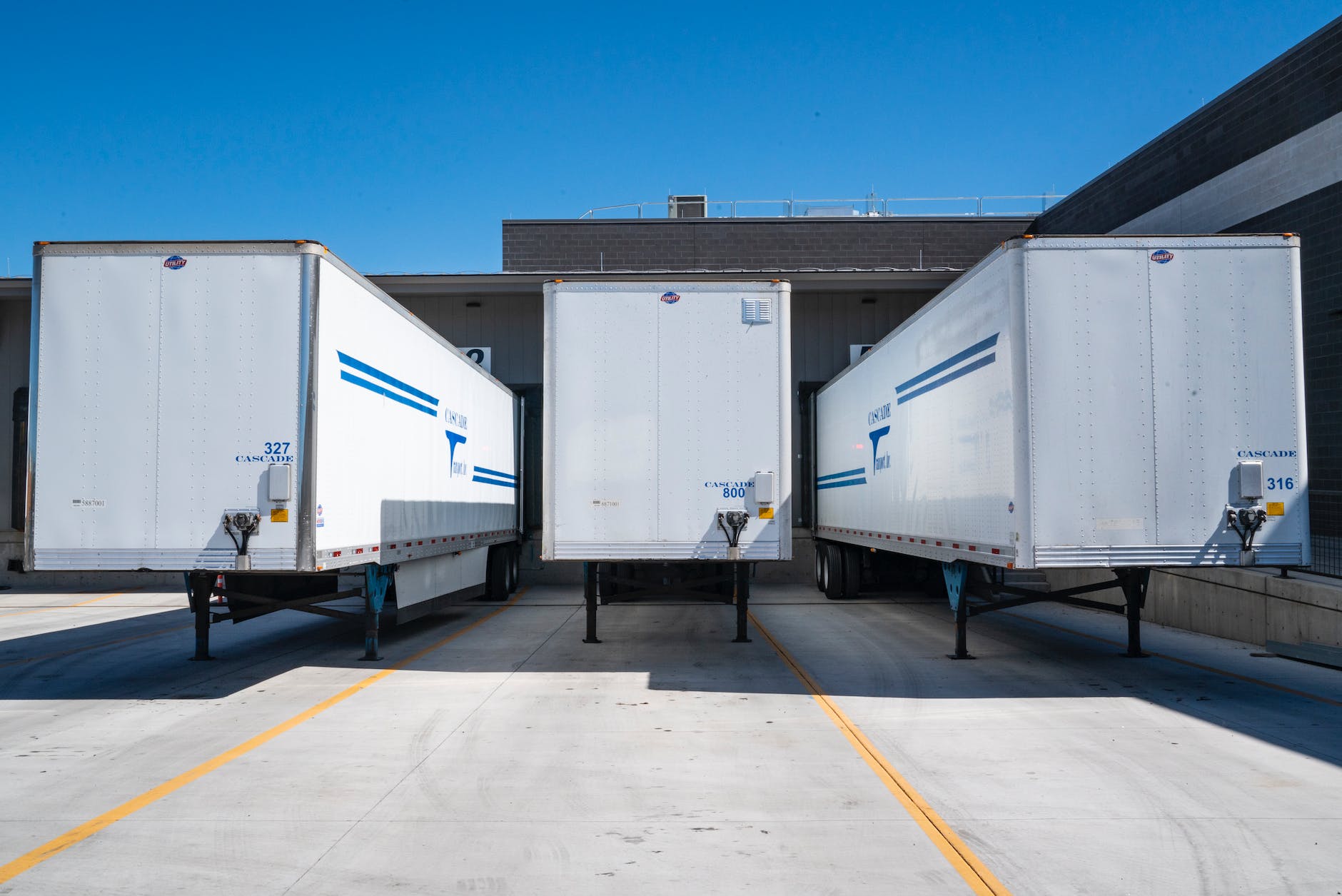
Moving to a new home is a stressful yet promising fresh beginning. Many tasks need to be completed before moving day, and you can fall behind if you don’t have a proper plan. Here are some tips to help you ensure a smooth move to a new home:
Thoroughly research the new home and neighborhood
Before you pack your bags and shift to your new abode, studying the ins and outs of the place and its surroundings is important. It is generally advised that before purchasing or renting out a property, visit and view the premises with your unaided senses. You may notice certain likes or dislikes that can alter your decision to move.
Familiarizing yourself with the new neighborhood is also of utmost importance; this will help you figure out whether you and your family are best suited to the environment or not. Therefore, thorough research and exploration are necessary regardless of where you wish to move to.
Coordinate with your movers
Instead of taking the mammoth task or relocating to a new home upon yourself, put your trust in the best local movers who are experts at their job and relax. Hiring the right movers lets you focus on other pressing matters while your hefty belongings are packed and transported to your new address. No matter your moving needs and requirements, you will find the right moving company to cater to them.
Also, not every possession needs to be moved. You can easily repurchase certain belongings once you’ve shifted, especially if you wish to change the aesthetics of your new house. So discern and take suggestions from family and friends over what should be taken and what can be left behind.
Create a moving budget
Moving is more than just tedious and daunting; it can cost you a fortune without proper planning. Creating and sticking to a budget can prove extremely beneficial here.
In America, the average cost of a local move is $1,250, while the average cost of a long-distance move is $4,890 for every 1000 miles. These costs are exclusive of the price of rent or mortgage, utilities, and travel expenditures. With such a big expense, you must use a moving cost calculator that’ll give you a lump sum amount you can expect to spend on the move.
Select a moving date
The ideal moving date should be during the off-season, preferably on a weekday that is not a national holiday. With less rush, the chances of unwanted delays are decreased. Once you decide on the moving date, let your movers know at the earliest so they can schedule the delivery date and time accordingly.
Get packing materials
Even though your chosen movers will take care of the bulky furniture and appliances, you may still be responsible for packing the small stuff and everyday items. Getting organized and having the right packing materials is essential for this task.
Go to your local department store and get high-quality packing supplies like boxes, tapes, and stuffing paper. Fragile items like artwork and glass may require extra care, so use bubble wrap and foam for secure packing.
Where packing is concerned, there are several do’s and don’ts. Do pack non-essential items and heavier items at the bottom, and keep essentials and lightweight pieces on top. Also, label each box clearly to avoid confusion. Don’t mix items from different rooms or belonging to different family members together, as this can lead to a chaotic unpacking.
Carry essentials on hand
Not all your belongings must be packed and prepped for the big move, as you’ll need some on hand. Your carry-on essentials when moving house should include valuables, credit cards, documentation of your new place and details of movers, emergency contact numbers, and medications, to name a few. Keeping these items with you is compulsory to avoid emergencies on the moving day.
Arrange utilities at your new place
Chances are that the previous owners of your new home cut off utilities before leaving to prevent unwanted bills and safety hazards. As the new owner, you must contact the utility providers in your area to arrange necessary utilities like electricity, water supply, gas supply, sewerage lines, and internet connection. It is ideal to schedule installation dates pre-hand to have quicker access to services instead of being waitlisted after moving.
Get essential repairs done
Your new house will likely come with a few repair and maintenance needs. These needs may vary based on how old or new the property is. Regardless, any repair work should be initiated as you move instead of leaving them to the last minute. It is easier to carry out fixes when a house is empty, so make use of the time before your movers arrive and get all necessary pipe fixes and pest removals done.
Socialize with the neighbors
This last tip is crucial to bring your moving journey to a successful end. While you may be intimidated to introduce yourself to your neighbors, it is a wonderful step to gain useful tips or suggestions while familiarizing yourself with your surroundings. You can also use this opportunity to inform them of any inconvenience your movers may cause or ask them for help unpacking or babysitting your little ones, which they’ll hopefully be more than happy to do.
Conclusion
All in all, whether you have already decided to move house or wish to do so in the future, know that it can be the start of a wonderful new life. Regardless of where you choose to move to, the tips mentioned above can assist you through the entire moving process. Embrace the change, and prepare for the growth and abundance a new home shall bring your way!

